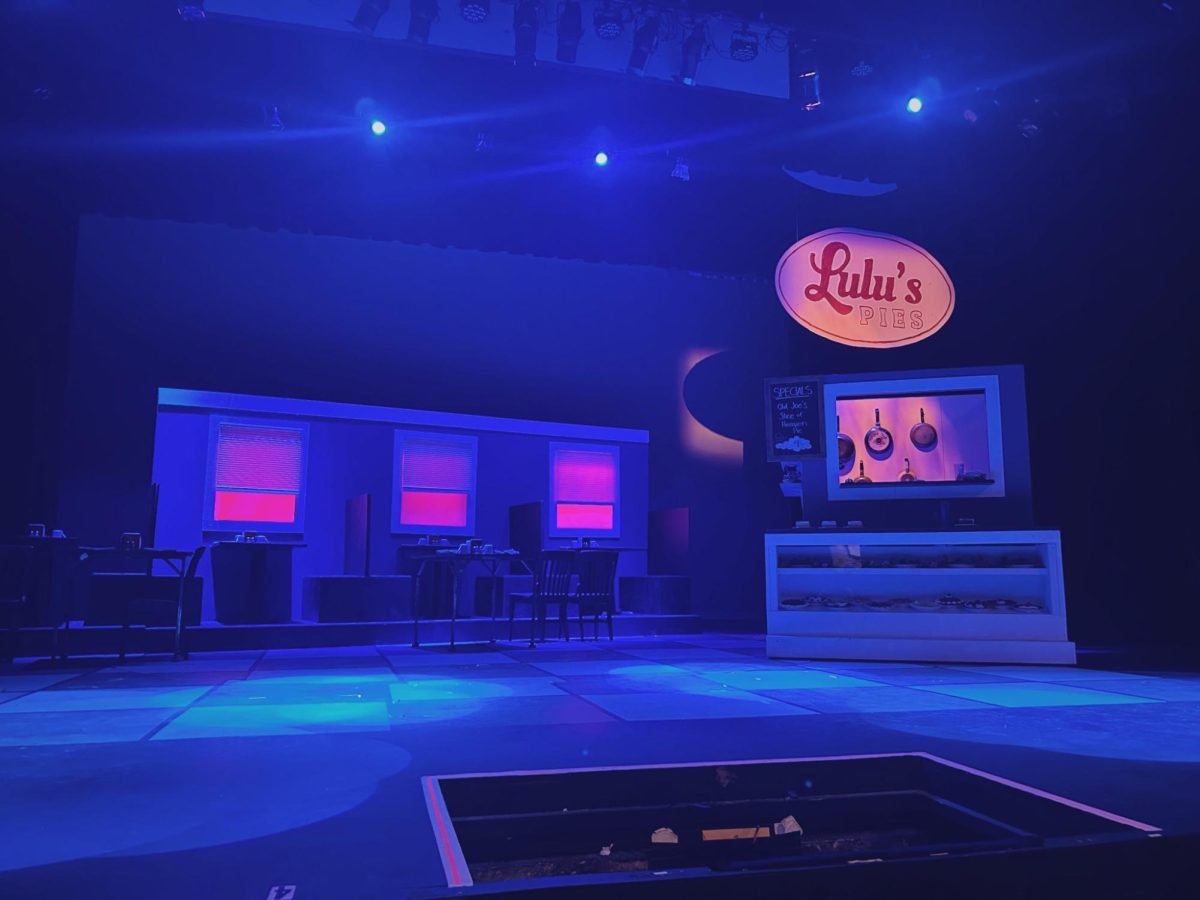The approach of the annual flu season coupled with the lingering H1N1 pandemic has mobilized efforts in East Baton Rouge Parish to prepare for what officials expect to be a frantic season.East Baton Rouge Parish government offices stepped up pandemic preparedness plans to ensure the governing bodies and the city itself can continue to operate even at the height of the influenza outbreak.After a White House advisory panel reported in August more than 90,000 people could die and 1.8 million people could be hospitalized from the pandemic, state and local governments began preparing for the worst.JoAnne Moreau, director of Homeland Security for East Baton Rouge Parish and the mayor’s office of emergency preparedness, said her office’s role is planning for pandemics, not prevention.”We’re working with the area on how to maintain the most critical services with a minimal workforce,” Moreau said.Moreau said Homeland Security in Baton Rouge is preparing the government and other agencies in the area to operate with as little as 40 percent of their workforce.Under a pandemic situation, employees would work from home and on collective projects to keep the virus isolated.Moreau advised state employees to follow the health and wellness guidelines set by the Centers for Disease Control and Preventions. The guidelines include simple measures for individual protection, including sneezing into sleeves and washing hands frequently.She said employees who show flu symptoms are asked to isolate themselves at home for a full week and not to return to work until after 24 hours of being fever free.Moreau said there is no mechanism in place to track the number of state employees who have contracted the H1N1 virus.To test the state’s ability to respond to an emergency pandemic situation, the Office of Public Health will provide free seasonal flu vaccines in individual clinics on certain days in October.Free inoculations will be available in Baton Rouge on Oct. 25 between 2 p.m. and 7:30 p.m. at Bon Carre Business Center at 7173 Florida Blvd.Dr. Frank Welch, medical director for pandemic preparedness for Louisiana, said the free inoculations are less about providing vaccines to the public and more about testing the department’s ability to conduct mass inoculations during a crisis situation.Welch also said it was highly unlikely the H1N1 vaccine will be available in large enough quantities to perform mass inoculations any time soon. Though the H1N1 vaccine won’t be distributed until at least November, Welch said people between the ages of 6 months and 24 years will be in one of the first priority groups for the vaccine.
While school-aged children tend to fare well through this milder flu strain, Welch said students’ close, daily contact with other people has spread the virus at an alarming rate.According to a report from the Department of Health and Hospitals, 67 percent of the state’s H1N1 victims have been school-aged children. Only 1 percent are 65 or older.Baton Rouge is located in Louisiana Public Health Region 2, one of the most active areas of the state pertaining to the H1N1 virus.Health officials cannot pinpoint the reason for the large number of outbreaks in the area, but some credit it to the large number of interacting social groups combined with random flare-ups.”It’s a lot like a roller coaster ride,” Welch said. “Once it starts up, it’s very hard to stop it.”Though the state confirmed at least 700 cases of H1N1, the CDC stopped counting individual cases in the spring and estimates the actual number could be closer to 40,000 cases.That number includes Taylor Brian, a Denham High School senior who died Sept. 5 from pneumonia, which arose as a complication of the H1N1 virus.Brian was the fourth fatality in the state related to the virus.————Contact Adam Duvernay at aduvernay@lsureveille.com
H1N1 flu safety measures intensify
September 10, 2009









